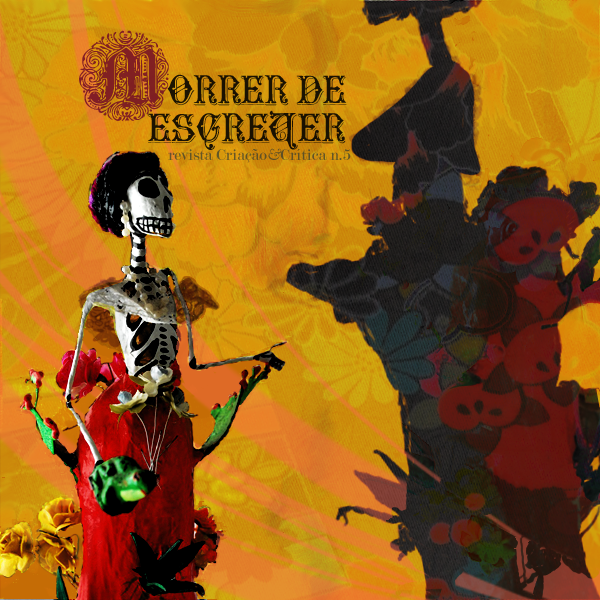Uma interpretação poético-ontológica da literatura e da morte – A articulação de ética, finitude e poesia
DOI:
https://doi.org/10.11606/issn.1984-1124.v3i5p89-102Keywords:
Finitude, language, representation, ethics, truth.Abstract
Death is a recurring theme in many writers’ poetics. Although an interpretation of the images and developments in various works could be profitable, it will not be be, our main focus here. Examining the relation between literature and world, we will establish a dialogue with a few works by Maurice Blanchot, such as The Book to Come and The Work of Fire, together with The Origin of the Work of Art, by Martin Heidegger. We will see how the common source of literature and world (nothingness, earth, being) opens a way to reintegrate man, word (language) and reality. Furthermore, we will discuss how these ideas t favor a liberated understanding towards ethics, destiny and death. At that point, we will go through some of the basic issues of the movie Dogville, by Lars von Trier, and the short stories “O imortal” and “Último capítulo”, by Machado de Assis, making clear the creative dimension of e human mortality: to be mortal is to be a destiny that should be (ful)filled by the historical happenings of each life.
Downloads
Downloads
Published
Issue
Section
License
Authors who publish with this journal agree to the following terms:
- Authors retain copyright and grant the journal right of first publication with the work simultaneously licensed under a Creative Commons Attribution License that allows others to share the work with an acknowledgment of the work's authorship and initial publication in this journal.
- Authors can enter into separate, additional contractual arrangements for the non-exclusive distribution of the journal's published version of the work (e.g., post it to an institutional repository or publish it in a book), with an acknowledgment of its initial publication in this journal.
- Authors are permitted and encouraged to post their work online (e.g., in institutional repositories or on their website) before and during the submission process, as it can lead to productive exchanges, as well as earlier and greater citation of published work (See The Effect of Open Access).



